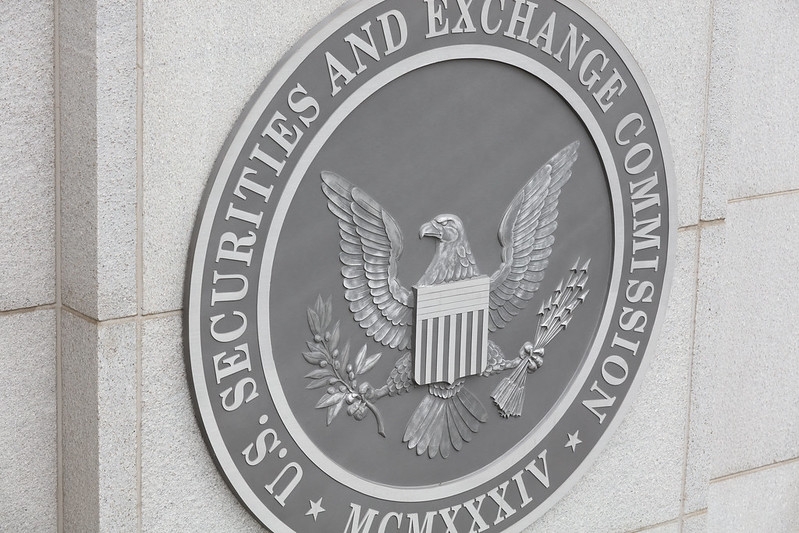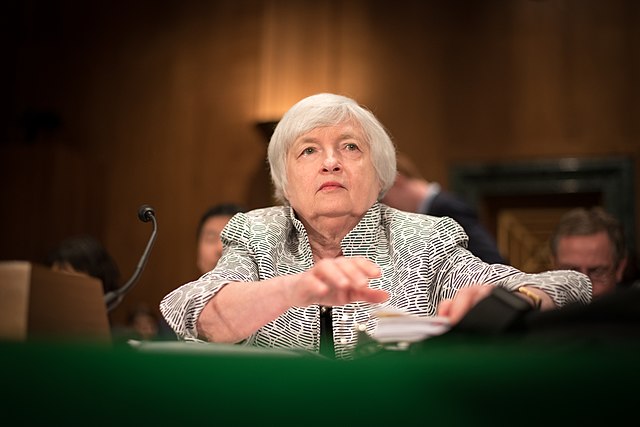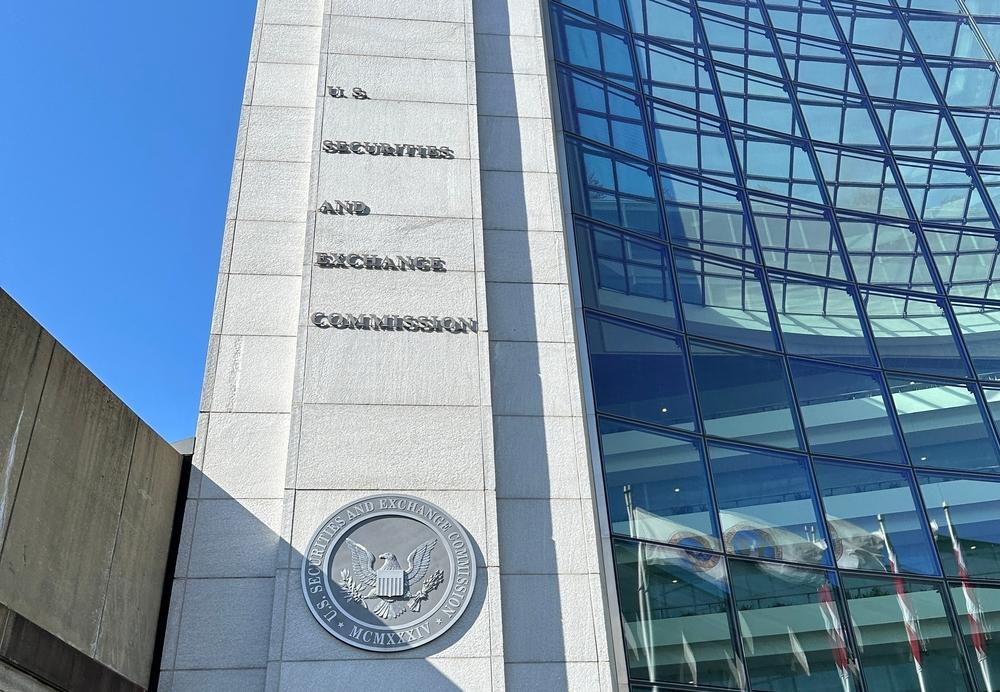As the U.S. Securities and Exchange Commission (SEC) tightens its regulatory grip on the cryptocurrency industry, key industry players are engaged in a high-stakes power play. Crypto leaders hope that their apparent brinkmanship could sway the SEC and political decision-makers in Washington, D.C., to temper the stringent regulations imposed on the sector.
High-profile executives from prominent crypto entities such as the top currency exchange, Coinbase, and blockchain solutions provider, Ripple, have publicly criticized the SEC's approach, hinting at the possibility of moving their operations to more crypto-friendly jurisdictions. This move appears to be a strategic maneuver aimed at rallying support and sending a clear message to U.S. lawmakers wary of America falling behind in this groundbreaking technological advancement.
Brian Armstrong, CEO of Coinbase, recently disapproved of the SEC's aggressive stance against certain crypto players, referring to it as a "solo campaign." Armstrong further criticized SEC Chair Gary Gensler for appearing to adopt an 'anti-crypto' position, which is a stark contrast to his earlier advocacy for the sector during his tenure as an economics professor at MIT Sloan School of Management.
Echoing these sentiments, Brad Garlinghouse, CEO of Ripple, didn't mince words during his recent interaction with the SEC. In announcing Ripple's expansion into Dubai, he humorously dismissed Gensler with a "Who?" before revealing that Ripple is expected to spend up to $200 million in its defense against the SEC-initiated lawsuit.
Garlinghouse praised Dubai and Europe for their more favorable regulatory frameworks for virtual assets, stating, "The United States is unquestionably lagging." He, along with Armstrong and other crypto industry leaders, has hinted at the possibility of relocating their businesses out of the U.S., expressing growing apprehension about the severity of the SEC's regulatory clampdown.
The SEC has levied substantial enforcement actions against companies such as Ripple, Coinbase, Paxos, and Kraken, alleging violations of securities laws. The agency insists that many tokens in the market might be classified as securities, subjecting them to more stringent registration and disclosure requirements. However, cryptocurrency firms predictably disagree, arguing that their issued or listed assets should not be classified as securities.






























Comment 0